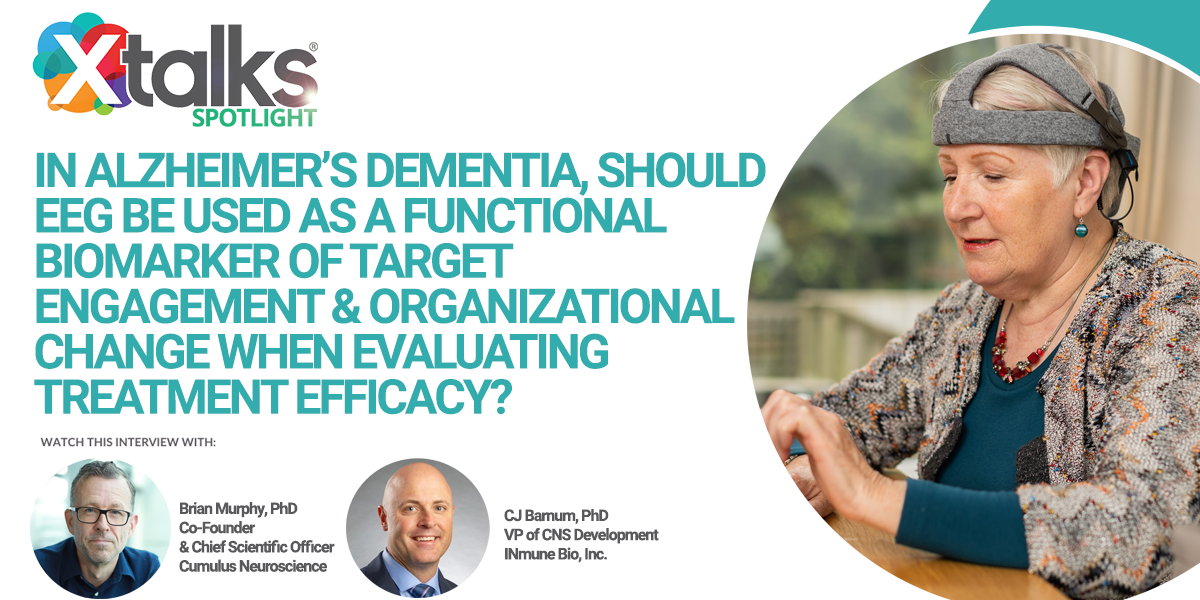A new study published in the prestigious New England Journal of Medicine, suggests that feeding infants peanut products can prevent them from developing serious allergies to the food during childhood. What’s more, early exposure to peanuts is sufficient to elicit prolonged tolerance, despite extended periods of ceased consumption.
Peanut allergies are among the most serious forms of intolerance, as exposure to the nut can cause a potentially-fatal allergic reaction called anaphylaxis. Due to the serious nature of the allergy, people with the condition must keep an epinephrine auto-injector – commonly known as an EpiPen – with them at all times, to reverse the effects of the allergic reaction in the event of accidental exposure.
Previous research conducted at the Washington-based Immune Tolerance Network (ITN), tested the effects of peanut consumption in children at a high risk of developing an allergy, from infancy to five years of age. The study – known as the “Learning Early About Peanut Allergy” (LEAP) study – included 640 infants, some of whom did and did not consume peanuts.
The results of the LEAP study showed that the at-risk infants had an 80 percent lower chance of developing a peanut allergy, compared to those children who did not consume the nut. This study was important in changing perceptions regarding peanut consumption and the development of allergies in young children.
In a continuation of the research, the LEAP-ON study was started. This clinical trial – called Persistence of Oral Tolerance to Peanut – was conducted by the National Institutes of Health’s (NIH) National Institute of Allergy and Infectious Diseases (NIAID), and led by Dr. Gideon Lack from Kings College London.
The researchers involved in LEAP-ON set out to determine whether consumption of peanuts for over four years was sufficient to prevent later development of a peanut allergy, even after a participant stopped eating the nut. This study involved 556 of the 640 children who participated in the original LEAP study. The number of participants who had consumed peanuts during early childhood (274) was nearly equal to the number who avoided the nut (282).
All of the participants in LEAP-ON – regardless of whether they had previously consumed peanut products – avoided eating the nut for a one year period. To ensure patients were adhering to the study, they used a questionnaire along with analysis of dust samples from the participants’ beds to test for traces of peanut dust. At the end of the study, the participants were given an oral food challenge to test whether they had developed an allergy to peanuts.
Only 4.8 percent of the participants who had previously consumed peanuts showed signs of allergy after one year of avoiding the nut, while 18.6 percent of those who had always avoided peanuts were found to have developed an allergy. The results of the study suggest that one year of avoiding consumption of peanuts will not cause development of an allergy if a person has had previous exposure to the nut.
The researchers are unsure whether the development of intolerance could occur after longer periods of peanut avoidance, but they have plans to study this in the future. “The LEAP-ON findings exceeded our expectations and demonstrated that the early consumption of peanuts provided stable and sustained protection against the development of peanut allergy in children at greatest risk for this allergy,” said Lack. “This protective effect occurred irrespective of whether the children completely avoided peanut for one year or continued to eat it sporadically.”












Join or login to leave a comment
JOIN LOGIN